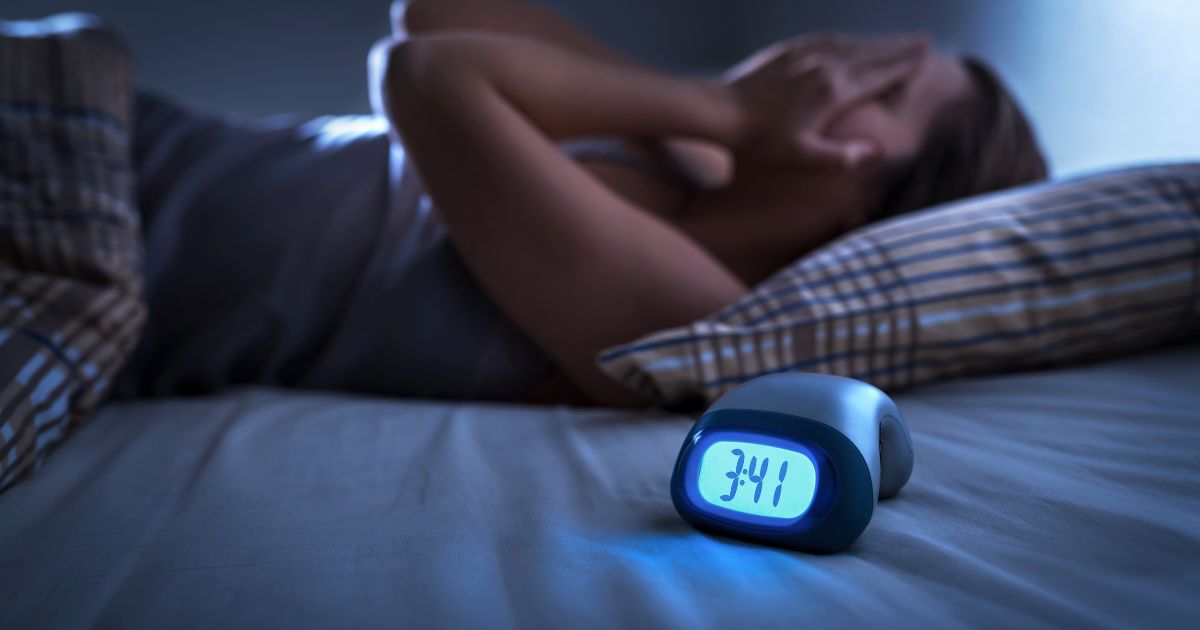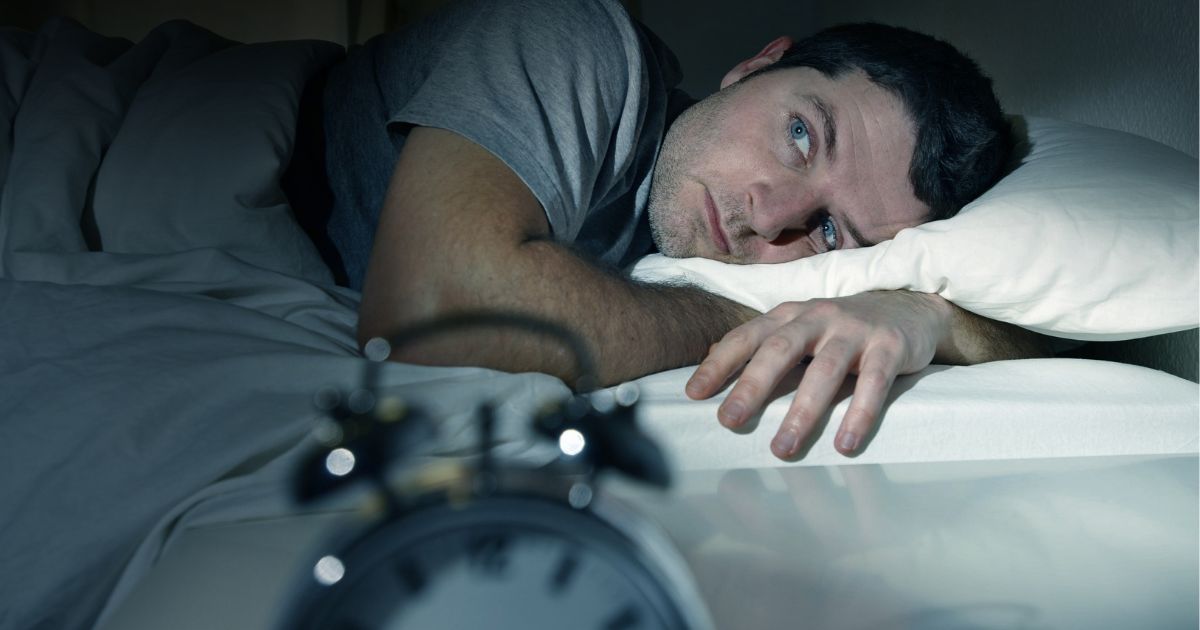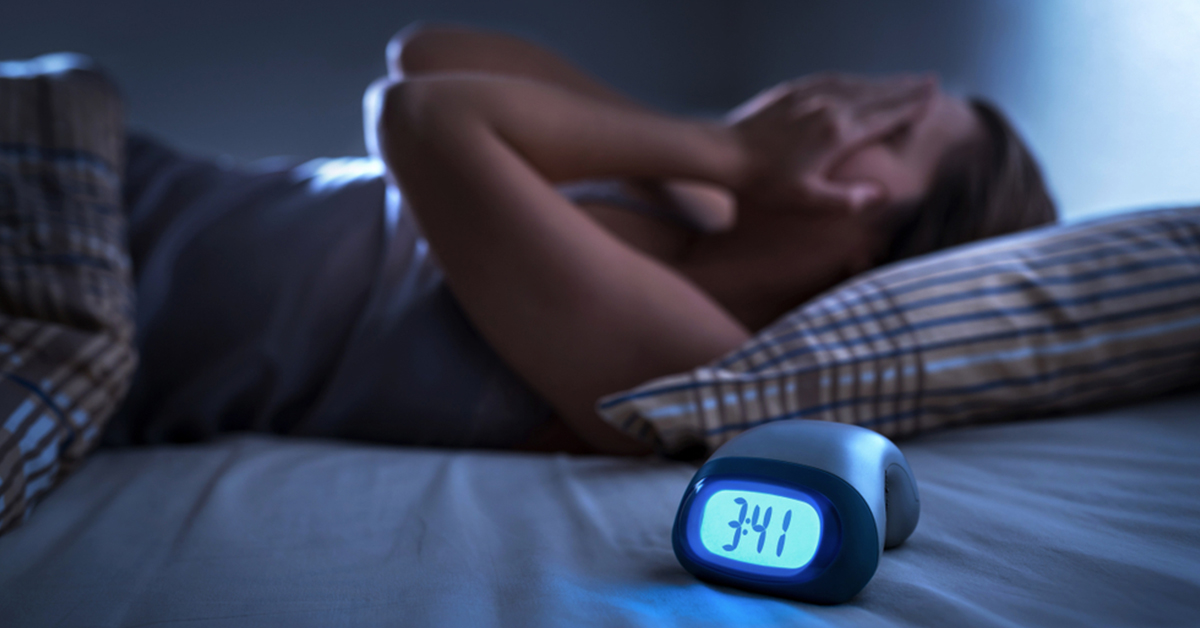Insomnia is a widespread sleep disorder affecting millions of people worldwide, leading to restless nights and groggy days. For many, the struggle to fall asleep or stay asleep is more than just an occasional inconvenience—it can severely impact daily functioning and overall well-being. The frustration of staring at the ceiling, counting the hours until dawn, and waking up feeling far from rested is a familiar experience for those with insomnia.
Addressing insomnia involves more than just trying to sleep longer. It’s about understanding the underlying causes and implementing effective strategies to manage and overcome this condition. This guide provides a step-by-step checklist to help you identify and treat insomnia. From evaluating your sleep environment and habits to exploring various treatment options, this comprehensive approach will equip you with the tools needed to achieve restful, rejuvenating sleep.
Understanding Insomnia
Insomnia can manifest as difficulty falling asleep, staying asleep, or waking up too early and not being able to go back to sleep. Recognizing the signs is the first step toward treatment. Common symptoms include difficulty falling asleep at night, waking up during the night, and not feeling well-rested after a night’s sleep. Daytime tiredness, irritability, and difficulty focusing are also common. These symptoms can lead to a reduced quality of life, affecting both personal and professional responsibilities.
There are two main types of insomnia: acute and chronic. Acute insomnia is short-term and often caused by stress or a traumatic event, such as the loss of a loved one or significant life changes. Chronic insomnia, on the other hand, lasts for a month or more and may be related to underlying medical or psychiatric conditions. Chronic insomnia often requires more intensive treatment and management strategies, as it can be deeply intertwined with an individual’s overall health and well-being.

Step-by-Step Checklist for Identifying Insomnia
Identifying the root cause of insomnia is crucial for effective treatment. Here’s a detailed checklist to guide you through the process.
Step 1: Keep a Sleep Diary
Maintaining a sleep diary for at least two weeks can provide valuable insights into your sleep patterns and habits. Record your bedtime, wake-up time, the duration and quality of sleep, nighttime awakenings and their duration, daytime naps, caffeine and alcohol consumption, physical activity, and stress levels. This detailed log can help identify patterns and potential triggers of insomnia. For instance, you might notice that certain foods or drinks consumed before bedtime affect your ability to fall asleep or that stressful days correlate with poorer sleep quality.
Step 2: Evaluate Your Sleep Environment
A conducive sleep environment is essential for quality rest. Ensure your bedroom is cool, quiet, and dark. Comfortable bedding, including a good mattress and pillows, is crucial. Remove or limit the use of electronic devices before bedtime, as the blue light emitted can interfere with sleep. Consider using earplugs or white noise machines to block out noise, and blackout curtains or an eye mask to eliminate light. The goal is to create a serene and relaxing atmosphere that encourages sleep and reduces the chances of disturbances.
Step 3: Assess Lifestyle Factors
Lifestyle choices can significantly impact sleep quality. Avoid heavy meals, caffeine, and alcohol close to bedtime, as they can disrupt sleep. Regular physical activity promotes better sleep, but it’s best to avoid vigorous exercise close to bedtime. Maintain a consistent sleep schedule, even on weekends, to regulate your body’s internal clock. Incorporating relaxation techniques such as meditation or deep breathing before bed can also enhance sleep quality. Developing a pre-sleep routine that includes winding-down activities, like reading a book or taking a warm bath, can signal to your body that it’s time to prepare for sleep.

Step-by-Step Checklist for Treating Insomnia
Once you’ve identified potential causes, it’s time to explore treatment options. Here’s a comprehensive checklist to guide you through various treatment methods.
Step 1: Cognitive Behavioral Therapy for Insomnia (CBT-I)
CBT-I is considered the gold standard for treating chronic insomnia. It involves several components:
- Sleep Restriction: Limiting the time spent in bed to match actual sleep time. This method can initially reduce the time you spend in bed awake, thus strengthening the bed-sleep connection.
- Stimulus Control: Associating the bed with sleep by avoiding non-sleep activities in bed. This means only using the bed for sleep and intimate activities, and getting out of bed if you can’t sleep.
- Sleep Hygiene: Adopting habits that promote healthy sleep, such as maintaining a regular sleep schedule and creating a relaxing bedtime routine. This might include setting a consistent wake-up time and avoiding naps.
- Relaxation Techniques: Using methods like progressive muscle relaxation or guided imagery to ease anxiety and tension that can interfere with sleep.
- Cognitive Therapy: Addressing and altering beliefs and attitudes about sleep. This involves identifying and challenging negative thoughts about sleep and replacing them with more positive, realistic ones.
Step 2: Medication
In some cases, medication may be necessary. Consult a healthcare provider to determine the best option. Commonly prescribed medications include benzodiazepines or non-benzodiazepine hypnotics, which can help induce sleep. Over-the-counter options such as melatonin supplements or antihistamines can also be helpful but should be used with caution and under professional guidance. It’s important to use medications as a temporary measure while addressing underlying causes of insomnia through behavioral changes.
Step 3: Lifestyle and Behavioral Changes
Making long-term lifestyle and behavioral changes can significantly improve sleep quality. Maintain a consistent sleep schedule, going to bed and waking up at the same time every day. Incorporate relaxation techniques into your nightly routine to unwind and prepare for sleep. Limit caffeine and nicotine, especially in the afternoon and evening, as they are stimulants that can interfere with sleep. If you nap, keep it short and early in the day to avoid disrupting your nighttime sleep. Additionally, consider engaging in regular physical activity during the day, as exercise has been shown to improve sleep quality.
Step 4: Alternative Therapies
Some individuals find relief through alternative therapies. Acupuncture may help reduce stress and improve sleep, while herbal remedies like valerian root or chamomile tea can promote relaxation. Aromatherapy, using essential oils like lavender, can also enhance sleep quality by creating a calming atmosphere. Other alternative therapies include mindfulness meditation and yoga, which can reduce stress and promote a sense of calm, making it easier to fall asleep.
When to Seek Professional Help
If insomnia persists despite your efforts, it may be time to seek professional help. Consult a sleep specialist who can provide a thorough evaluation and recommend advanced treatments. Persistent insomnia can indicate underlying health issues that require medical intervention. A sleep specialist can conduct a comprehensive assessment, including a detailed sleep history and possibly a sleep study, to identify any underlying sleep disorders or medical conditions contributing to insomnia.

Conclusion
Insomnia can significantly affect your quality of life, but with the right approach, it is manageable. By following this step-by-step checklist, you can identify potential causes and explore effective treatments. Jacksonville Sleep Center is here to help you on your journey to better sleep. Our team of experts specializes in diagnosing and treating sleep disorders, offering personalized care to meet your unique needs. Don’t let insomnia control your life – contact Jacksonville Sleep Center today and take the first step toward restful, rejuvenating sleep.
Through personalized treatment plans and the latest in sleep medicine, Jacksonville Sleep Center is dedicated to improving your sleep and overall well-being. Whether you’re dealing with acute or chronic insomnia, our comprehensive approach ensures that you receive the care and support necessary for a good night’s sleep. Don’t wait any longer – reach out to us and start your journey to better sleep today.






